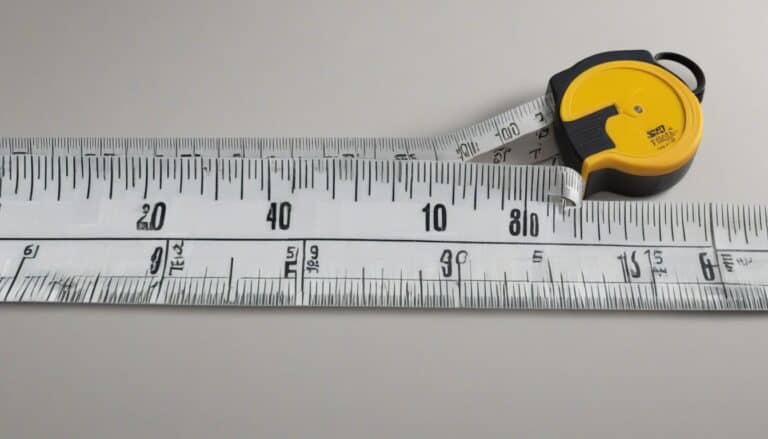Do Expensive Turntables Sound Better?
Nothing beats a vinyl record sound for avid music lovers. Even older people can attest to the audio quality that a vinyl disc brings during their times. To them, it’s not just about the charm of nostalgia, but rather a device supported with a technical basis.
So how can this contemporary device with an upgraded version of the old phonograph sound better than the digital form of music? And are expensive turntables better than your typical record player?
How do Turntables Work?
Phonograph or gramophone, whatever is the term for such, Edison invented this device as early as 1877 and commercialized it in the early 1900s. Phonograph works on a concept that seems simple enough but was revolutionary centuries before.
As implied, turntables are the electric version of the phonographs where it controls the volume.
Everything starts with the vinyl disc itself, having a noticeable one long groove. It starts at the edge of the disc, then spiraling to a closed-loop towards the circle. It is at the track where it contains the audio information.
Now, to turn the grooves into the audio form that we are familiar with, a phonograph structure that resembles a needle called a stylus comes to play. The stylus works by tracing along the grooves, creating vibrated fluctuations in the process. Vibrations in the stylus also move a cooper coil along two magnets. These complex movements produce electricity that runs along with the circuits that play and amplifies it.
Are Expensive Turntables Better?
It’s important to know how turntables work and what parts of the device make it work. The reason is it allows the user to see the difference between expensive turntables versus cheap ones.
Just because turntables are electric doesn’t mean its task to translate the grooves proves to be easy. While it’s true that the supporting plate can do around revolution that lasts a song, and the tracks seemingly and effortlessly following along the disc’s creases, it certainly is not what it seems to be just that.
A perfect turntable is consistent at being itself; compatible. This completeness should reflect in the ideal materials, ideal stylus. There should be a consistency in the speed, and the bearings that rotate within the structures should be frictionless for the whole device to be void of unnecessary causes of noise.
It’s also important to note that expensive turntables may require pricey replacement parts. However, it’s not the case for styli as the market such a wide array of versatile choices like the Tetrad cartridges.
Of course, perfect turntables do not exist, but expensive ones typically have designs and materials that help with closing in with the ideal product. These will bring a smooth and seemingly effortless playing of the disc because there is almost no screech in the background; there are no ‘1940s static-like noises either. Ultra cheap turntables won’t cut to those standards.
Another thing to note is that expensive turntables help their users give more control in equalizing the sounds. Inexpensive products have limitations on how loud or soft the music can be.
Other Perks Of Pricey Turntables
But stratospheric price tags may come with excellent benefits:
- Lower speed deviation, resulting in consistency and accuracy.
- Lesser sound fluctuating
- A turntable with higher SNR will have lesser motor noise escaping from the speakers/headphones and other output peripherals.
- Expensive record players have sturdier and better-quality tonearms. It allows them to accommodate a wider range of cartridges, for as long as they are compatible with each other, or else, you get noises.
- Stronger/heavier plinth that prevents resonance and outside interference from bugging the tonearm and cartridge. Such obstruction adds extraneous noise or, in worse cases, skipping.
- Expensive turntables provide added features that some people may find useful, such as 78RPM speed, LED’s, better quality case, etc.
- They usually come with an adjustable counterweight and anti-skating. These functions are extremely important for adjusting, though it is reliant on the cartridge and stylus that one uses.
Are Expensive Turntables Worth It?
For one, the dissimilarities in the quality are of great significance, where even a music aficionado can hear and differentiate a good turntable from a bad one. With that, the differences tell expensive turntables are worth the price. The advantage of fine tweaking the loudness of the music helps too.






